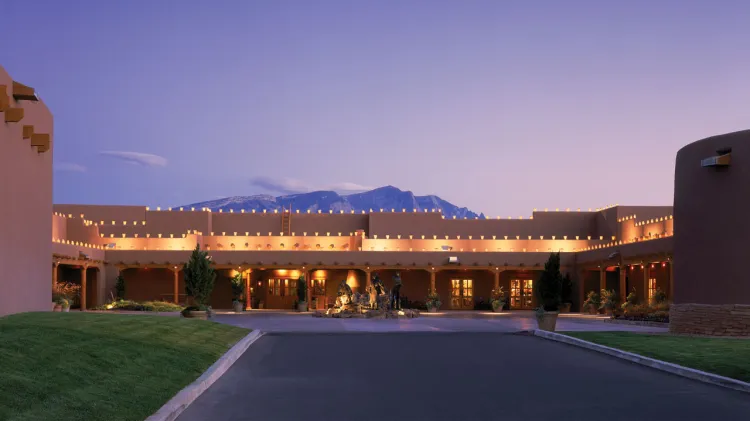AAA 2017 in Washington DC
Anthropology Matters
More information about SPA at AAA 2017 is available here: SPA Calendar
See the dates and times for our sessions, business meeting and reception, engaged psychological anthropology meeting, and mentoring session!
116th AAA Annual Meeting
November 29-December 3
Marriott Wardman Park Hotel
Washington, DC
SPA-sponsored workshops
Workshop: Using Ethnographic Methods to Inform Development of Measurement Tools
Friday, December 1, 10:30 AM-12:30 PM, Location: Marriott, Park Tower 8210
Increasingly, anthropologists are engaging with mixed-methods research. The development of culturally-appropriate measurement tools is an important yet challenging part of this process, particularly for anthropologists interested in cognitive or medical anthropology. Using instruments that best reflect local ethnobiologies and ethnopsychologies, explanatory models, and experiences of health and illness are essential for ensuring validity. Anthropologists are ideally suited to identify such relevant categories and constructs but are not always trained in translating ethnographic findings into quantitative measures. This workshop will introduce participants to the concepts and methods that are central to developing appropriate, ethnographically valid measurement tools.
This workshop is an interactive participatory teaching session consisting of small group activities facilitated by researchers with instrument development experience in multiple settings. There will be an emphasis on measurement tools that are used in the context of health research and interventions. The workshop will begin with a discussion of the limitations of using standard instruments for cross-cultural health and mental health assessment. Participants will be exposed to the novel tool development process, and facilitators will guide participants through a simulated tool development exercise. Participants will be exposed to pile sort and free-listing procedures and basic thematic analysis procedures to demonstrate how qualitative and ethnographic data can be used to develop items for instruments. The group will then discuss instrument piloting and refinement, including quantitative and qualitative techniques. Workshop participants will develop foundational skills and will be provided with resources for future reference as they seek to apply these strategies in their own work.
Learning Objectives:
Describe how anthropological concepts such as ethnographic validity, idioms of distress, and explanatory models are relevant to development of measurement tools.
Employ freelisting, pilesort, and thematic analysis methods to develop a novel instrument in a local setting
Critique this and other quantitative approaches to the measurement of subjective phenomena
Presenters:
Bonnie Kaiser conducts global mental health research with a focus on cultural aspects of measurement, communication, and intervention design. Dr. Kaiser holds a PhD in Anthropology and MPH in Epidemiology, and her work aims to bridge the methods and epistemologies of these fields in the study of mental health.
Lesley Jo Weaver is a medical anthropologist whose work focuses on mental health, chronic diseases, and nutritional concerns in India and Brazil. Weaver Holds a PhD in Anthropology and an MPH in Global Health, and she draws on both fields to study health inequity from a biocultural perspective.
Workshop: Image and Identity: Using Photography in Psychological AnthropologyFriday, December 1, 1:00pm – 3:00pm.
Mead and Bateson worked with photography and film at the outset of what became psychological anthropology. Despite this early use of image-based research and representation, visual methodologies seem largely absent from most work in the field today. Although there are some notable exceptions (e.g. Lemelson’s film series on culture and mental illness in Indonesia), image-based work is absent from most current iterations of psychological anthropology. As the initial call for photo-essays at 2017 SPA Biennial meeting in New Orleans recognized, and as the initial exhibition illustrated (as part of the prominently scheduled poster session), images can convey understandings inaccessible to purely verbal and textual explications. Recognizing the utility of images to help convey such meanings, this workshop is designed to provide participants with a framework for thinking about and understanding how images convey information, how this differs from verbal content, and how to use both in a complementary manner. While the general model presented is applicable to all visual work, this workshop focuses on photography as still images (whether in the form of pictures, graphs, diagrams, and the like) are already regular features of academic publishing and scholarship, including books, journal articles, online content, and conference presentations. Whether you are new to photography, psychological anthropology, or both, this workshop explores the relationships between images and culturally contextualized identities, and is intended to provide a framework of basic theoretical and technical understandings for utilizing photography in conceptualizing, conducting, and disseminating psychological anthropology research. Whether you are ready to start including images in your work now, or want to use this as an opportunity to start thinking about presenting a photo-essay at the 2019 SPA Biennial, this workshop is for you.
Learning Objectives:
identify foci in psychological anthropology most amenable to photographic research and representation.
understand how images can convey understandings inaccessible to purely verbal and textual explications.
incorporate photography into their research toolkit, and understand how to use it as a complement to other strategies.
Presenter:
Dr. Jonathan S. Marion received his Ph.D. in psychological anthropology from the University of California San Diego in 2006. His ongoing research explores the interrelationships between performance, embodiment, identity, gender, and media, as well as visual ethics, theory, and method. An Associate Professor of Anthropology at the University of Arkansas, Marion serves on the Gender Studies steering committee and involved in introducing a medical humanities minor. Currently the President of the Society for Humanistic Anthropology, he is also a Past-president of the Society for Visual Anthropology, and the author of Ballroom: Culture and Costume in Competitive Dance (2008), Visual Research: A Concise Introduction to Thinking Visually (with J. W. Crowder, 2013), Ballroom Dance and Glamour (Bloomsbury 2014), and Apprenticeship Pilgrimage: Developing Expertise through Travel and Training (with L. M. Griffith, in press).







